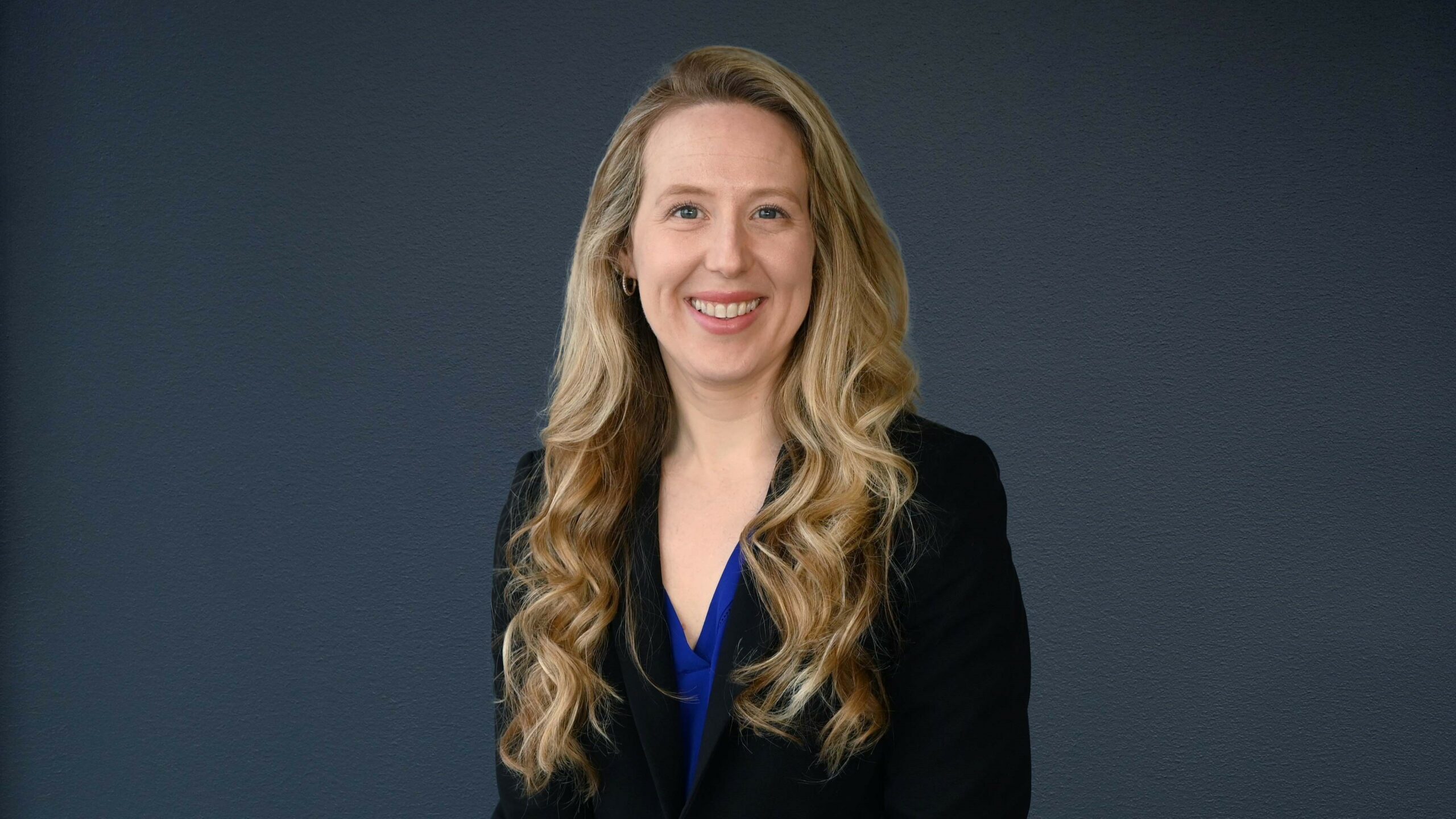Analyzing Who is the Prevailing Party?
September 3, 2024
For lawyers, a frequent question from their clients is: “Can I get my attorney’s fees?” Under the American rule, the typical answer is “No.” But certain contracts may contain “prevailing party” provisions or fee-shifting provisions that give the “winning” party the opportunity to recover the cost of their attorney fees against the “losing” party. For example, a prevailing party provision might state:
“In the event any party commences any proceeding or litigation at law, the party whose position substantially prevails shall be entitled to recover its reasonable attorney’s fees and other costs incurred in connection with such litigation.”
While such provisions may appear simple, they can be complicated in application. Which party is the prevailing one is often unclear. For instance, if the plaintiff has six claims and is only successful on three, while the other three are dismissed, is the plaintiff the prevailing party? Is the defendant the prevailing party? Can either party be the prevailing party? Especially when there are multiple claims and counterclaims, and the results do not appear one sided, determining which party is prevailing can be difficult.
New York State courts define the prevailing party as the party that prevails on the central claims advanced and receives substantial relief in consequence thereof. The court considers the true scope of the dispute litigation and what was achieved within that scope in its analysis. Chainani v. Lucchino, 94 A.D.3d 1492 (4th Dep’t 2012).
Notably, even where a defending party does not succeed on its own affirmative counterclaim against plaintiff, the defendant may be the prevailing party if it defeats the plaintiff’s claims. For instance, in the matter of Seibel v. Ramsay, the First Department found the contractual attorneys’ fees should be awarded and there was no need to reduce attorneys’ fees to reflect a relative lack of success on the unsuccessful claims. Seibel v. Ramsey, 225 A.D.3d 529 (1st Dep’t 2024). The Court awarded attorney fees to defendant as the prevailing party when the Court dismissed all of Plaintiff’s claims, even though defendant did not succeed on its counterclaim. The Court also found there was no rule against awarding fees in excess of damages recovered when such fees are found to be reasonable and appropriate.
Similarly, in a recent appeal to the Second Department, the Kings County Supreme Court Justice confirmed an arbitrator’s determination that the respondent was the prevailing party where the respondent succeeded in defeating all the petitioner’s claims. Even though the respondent succeeded only on one small counterclaim, its defeat of the entirety of the petitioner’s claims that were well more than $7 million made the respondent the prevailing party and entitled to recover attorney fees. YC MD, P.C. v. Shusterman, Index No. 500138/17, 2024 N.Y. Slip Op. 03893 (2nd Dep’t, July 24, 2024).
A party need not prevail on all of its claims to be considered the prevailing party for attorneys’ fees purposes. Grove St. Equities LLC v. Butensky, 2020 N.Y. Misc. LEXIS 2222 *6 (NY County Civ. Ct. May 22, 2020). However, the prevailing party cannot recover fees incurred pursuing its unsuccessful claims. Further, a judicial proceeding is not always necessary to be awarded attorney fees as the prevailing party. In Carousel Ctr. Co., LP v. Kaufmann’s Carousel, Inc., the court found that the language of the prevailing party provision was such that the award of attorneys’ fees to the prevailing party was without restriction, and without any judicial action instituted or litigation initiated. 191 A.D.3d 1481, 1483 (4th Dep’t 2021). The decision in Carousel arose from a declaratory judgment action and the Court rejected the argument that plaintiffs were not entitled to attorney fees because they were not required to commence an action. Id.
In some instances, determining who is the prevailing party is simple. For instance, in Salazar v. Mosiello, the court dismissed the plaintiff’s complaint such that the final judgment was entered in favor of the defendants. Salazar v. Mosiello, 2023 N.Y. Misc. LEXIS 33761 *11 (Westchester County Sup. Ct. April 10, 2023). The defendants were entitled to all costs and expenses of the suit, including reasonable attorney fees as the prevailing party.
There are also circumstances where neither party is considered the prevailing party and thus, neither party can pursue their attorney fees. In instances of mutual legal losses and where “the outcome of litigation is mixed and the relief awarded is not substantially favorable to either party, neither party can claim to be the prevailing party.” 49 E. Owners Corp. v. 825 Broadway Realty, LLC, 224 A.D.3d 493 (1st Dep’t 2024).
When the issue is who may be considered the prevailing party, litigants must consider each claim and counterclaim, their value, and their size relative to the other claims, to determine the claims that will have the most impact on the prevailing party provision. The reward of attorney fees in highly litigious matters can be significant and offset damages in a case, or even change who “wins.”. Therefore, when the contract in dispute includes a prevailing party provision, litigants should consider the importance of focusing on claims that are likely to be successful and fall under the prevailing party provision. By doing so, a party can improve its chances of recovering attorneys’ fees, rather than pursuing too many claims that can weaken the argument that it is the prevailing party entitled to attorney fees. Litigants should also consider the need for careful drafting of the fee-shifting language in contracts and strategic planning to ensure that all conditions precedent to litigation are satisfied.

Kelly Geary
Kelly A. Geary is an associate attorney at Adams Leclair, LLP. Learn more about Kelly A. Geary.
This article was originally published on The Daily Record in August 2024.